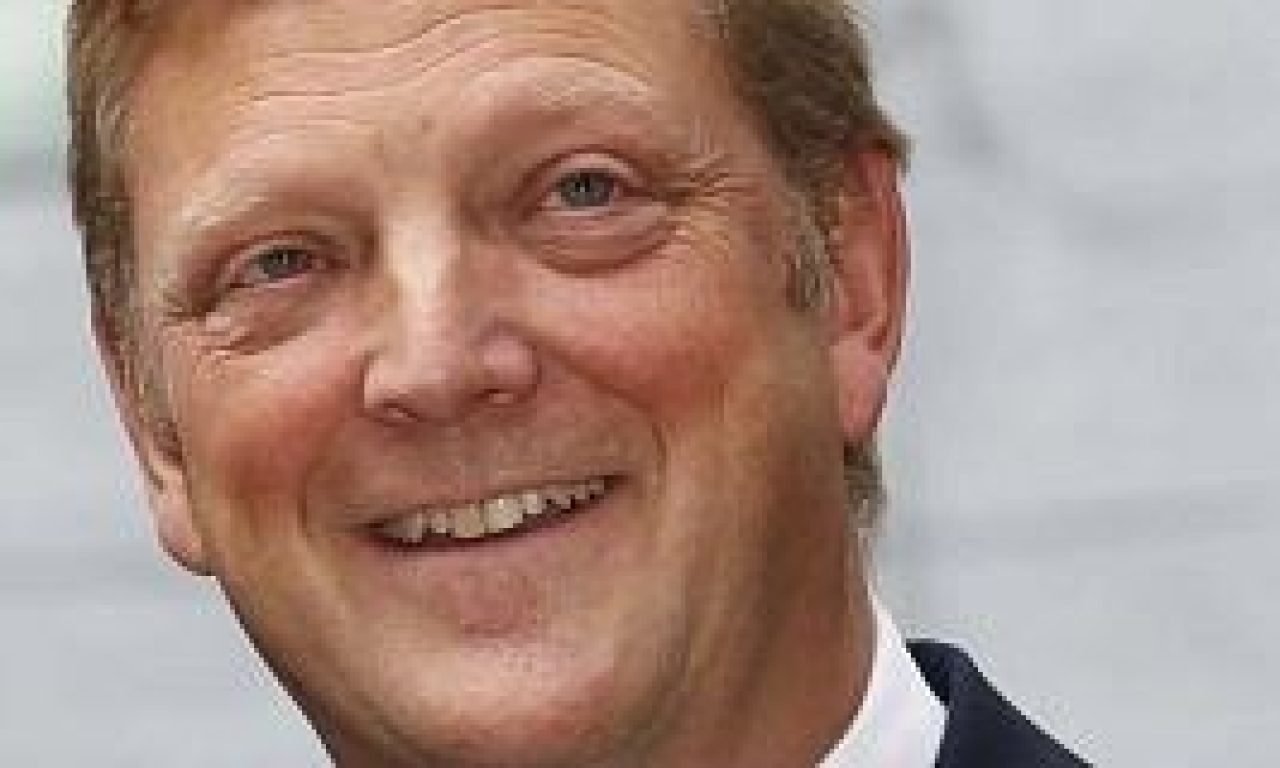(pictured: Nick Bullman)
CheckRisk, the UK-based global investment risk consultancy, has strongly criticised negative interest rate policy (NIRP) for being, well, too negative. It should not happen, the firm says.
In a client research note published over the weekend, CheckRisk, founded by chairman and managing partner Nick Bullman, says that the latest move by the ECB, cutting its main deposit rate to minus 0.4 per cent, may be “the beginning of the end game”.
The firm says: “Negative interest rates should not happen. Cash, if you consider, carries an implicit interest rate of zero per cent. Whatever one thinks about NIRP one should not be under any illusion – this is new and dangerous territory. Negative interest rates are not a typical policy response and, as a result, there may be unintended consequences.
“There are some positives that can be found, and CheckRisk will look at these, too, and see if they are what they purport to be. It is important to understand what negative interest rates are and what they are not.
“Having negative real rates of return is possible. So, for example, where an interest rate may be greater than zero but below the level of inflation, but this is not, however, a negative interest rate in the sense we are referring to. For the purpose of this discussion, we are talking about nominal interest rates with a value less than zero, irrespective of inflation or deflation value.
“What is the aim of QE [quantitative easing] and unconventional monetary policy? In simplified terms, there are four reasons for unconventional monetary policy:
- To stimulate inflation
- To stimulate the economy and increase GDP
- To stabilise the banking system, and
- To buy time.
“It is legitimate to ask, now having the list of its goals, whether QE has worked? Global GDP is pretty aneamic at about 3 per cent with risks to the downside. The US is growing at close to 1.4 per cent; neither rate is sufficient to offset the massive increase in global debt, US$59 trillion, since 2008. Inflation is a problem, too, and most central banks around the globe are well below their state targets.
“One can easily say that the first two principal objectives of QE have not yet worked, despite the biggest monetary experiment in history. Is that a monetarist’s scream we hear?
“But what about ‘saving the financial world in 2008?’ you may ask. The truth is, we will never know. The base case of no bailouts and allowing creative destruction to occur was never tested, and likely never will be unless there is a major catastrophe.”

